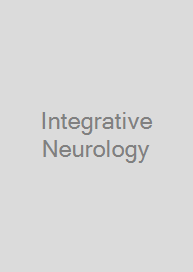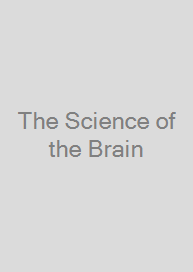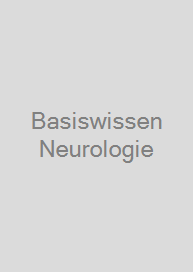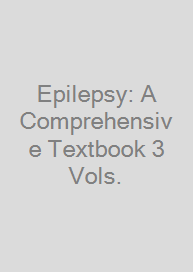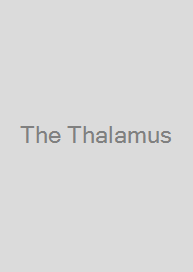Integrative Neurology
| Auflage | 2022 |
| Seiten | 528 pp. |
| Verlag | Heinemann Publishers Oxford Customer Services Dept. |
| ISBN | 9780190051617 |
| Artikel-Nr. | 617568 |
Noch nicht erschienen, ca. Dez. Liefertermin 1-3 Tage nach Erscheinen
Produktbeschreibung
Dementia, Parkinson's Disease, headache, and neuropathy are all conditions for which narrowly focused medical interventions all too often fall short. The first book in its field, Integrative Neurology synthesizes complementary modalities with state-of-the-art medical treatment to offer a new vision for neurological care. The authors begin by looking inward at the crisis of stress and burnout that confronts all of medicine, but neurology in particular. It goes on to provide a selective yet in-depth review of important topics in neurological practice from the perspective of integrative medicine. Taking an evidence based approach throughout, chapters cover chronic diseases such as Multiple Sclerosis, Dementia, and Parkinson's Disease. The volume also address clinical issues such as headache, traumatic brain injury, navigating the endocannabinoid system and aging, nutrition and stroke, neuropathy, toxins and neurodevelopment, as well as the modalities of Ayurvedic Medicine and acupuncture.
Integrative medicine is defined as a healing-oriented medicine that takes account of the whole person (body, mind, and spirit) as well as all aspects of lifestyle. It emphasizes the therapeutic relationship and makes use of appropriate therapies, both conventional and alternative. Series editor Andrew Weil, MD is Professor and Director of the Arizona Center for Integrative Medicine at the University of Arizona. Dr. Weil's program was the first such academic program in the US, and its stated goal is "to combine the best ideas and practice of conventional and alternative medicine into cost effective treatments without embracing alternative practices uncritically."
Integrative medicine is defined as a healing-oriented medicine that takes account of the whole person (body, mind, and spirit) as well as all aspects of lifestyle. It emphasizes the therapeutic relationship and makes use of appropriate therapies, both conventional and alternative. Series editor Andrew Weil, MD is Professor and Director of the Arizona Center for Integrative Medicine at the University of Arizona. Dr. Weil's program was the first such academic program in the US, and its stated goal is "to combine the best ideas and practice of conventional and alternative medicine into cost effective treatments without embracing alternative practices uncritically."
Fachzeitschriften

Bleiben Sie informiert!
Melden Sie sich für den frohberg.de-Newsletter an und nutzen Sie jetzt Ihre Vorteil:- Willkommens-Dankeschön: Beatmungsmaske Rescue Me
- Aktuelle Neuerscheinungen und Empfehlungen
- Exklusive Angebote und Kongress-Highlights
